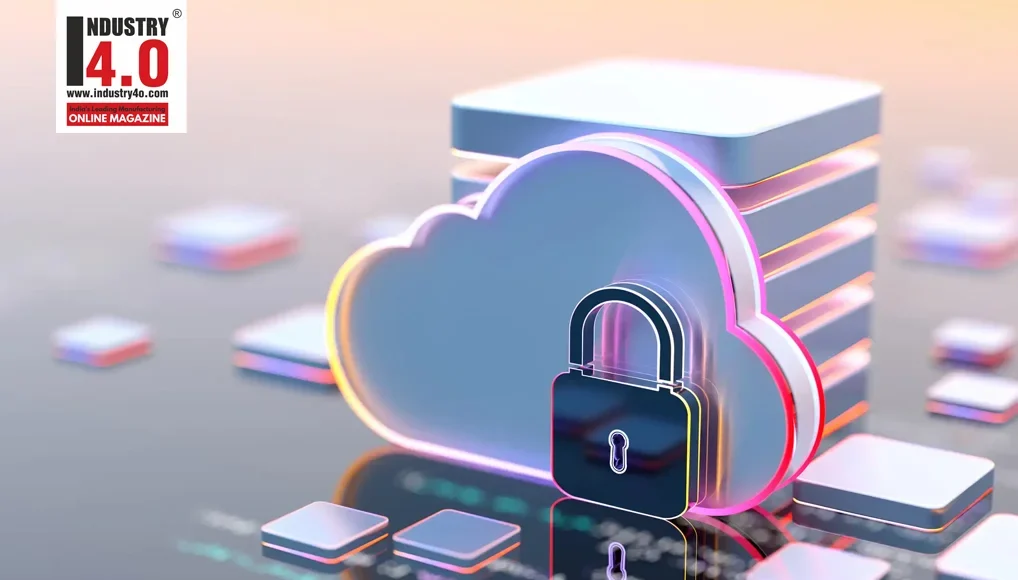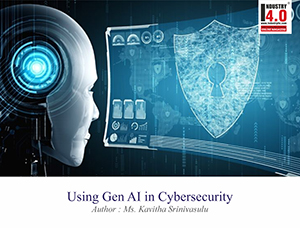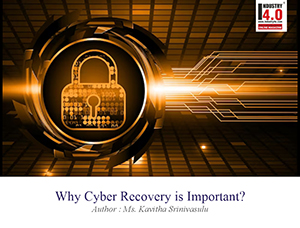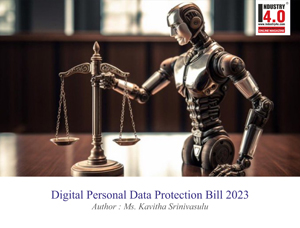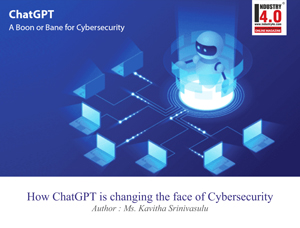Importance of Cloud Security in 2025
Cloud computing has become one of the most used technologies across organisations in various sectors including BFSI, Healthcare, Manufacturing, Education, Retail and many others adopting to various service offerings to increase the availability, scalability, and boundaries in increasing business resilience. Several cloud services are readily available for businesses to improve their day-to-day operations, including Amazon Web Services (AWS), Google Cloud Platform (GCP), Azure Sentinel and other Infrastructure-as-a-Service (IaaS) providers. As most of the organisations depend on cloud-based technology, as remote working has become the new normalcy of delivering services, however, it’s so true to accept on evolving key vulnerabilities which is rising with the growth in technology. Organizations must take key security measures to ensure systems are secure and confidential data remains protected.
By 2025, organizations will shift from a standalone discipline to an integral part of cloud service providers’ offerings. Hyperscale’s will embed advanced capabilities directly into their platforms, moving beyond cost monitoring to deliver comprehensive, AI-driven solutions for real-time optimization and automation. Businesses of all models and sizes have realized the potential of cloud computing and have adapted to this technology either as private, public or as a hybrid model.
Some of the interesting stats:
The cloud computing market is expected to reach over $1 trillion by 2028.
58% experienced a data breach in the U.K. in the last 12 months, compared with 64% globally as per GetApp.
By 2025, the cloud is expected to hold a remarkable 100 zettabytes of data.
According to Gartner, edge computing will account for 75% of enterprise data processing by 2025, further solidifying its role in hybrid cloud architectures.
89% of organisations have adopted multicloud strategies, underscoring the importance of leveraging multiple cloud providers to avoid vendor lock-in and optimize performance, as per Flexara report.
Identity & Access Management (IAM) holds the largest market share at 46%, followed by Data Loss Prevention (DLP) and Security Information & Event Management (SIEM) as per Gartner
Almost 80% of businesses are looking for a more thorough cloud security assessment.
As per stats, an organization can save up to 40 percent by migrating to cloud computing and enabling cybersecurity controls to protect the environment.
Reports have found that 84% of mid-to-large companies will have adopted a multi-cloud strategy by 2025, positioning it as one of the year’s defining trends in cloud computing.
While bringing this sudden change in adapting to cloud globally has been beneficial to continue services without disruptions, increase the scalability, maintain business continuity, and developed the availability of services beyond boundaries. However, this rapid change has brought in multiple security and data protection issues during the digital transformation. Cyber security becomes a critical concern as more companies complete their digital transformation and migrate systems/applications/data to the cloud. As the threat environment is constantly growing, it is critical to reduce the risk of cloud computing as much as possible and ensure data and systems are protected at rest, in use, and in transit. If the cloud undergoes any kind of attacks/malware/ransomware, there is a huge loss on data, reputation and continuing the business without impact.
Some of the major cloud risks are :
As per recent surveys, the average cost of a data breach is ranging between 20-32 million and it typically takes around 245 days for an organization to detect, remediate, and recover. From a sectoral standpoint, banking financial services and insurance have been adopting cloud and pushing the digitization agenda forward. However, in majority of places the importance of enabling cloud security controls to have been neglected or missed to increase the cyber incidents / data breaches significantly in recent times.

Some of the key Threats and Challenges in Cloud:
- Lack of understanding about dynamic and sophisticated cloud-based threats
- Non-alignment of businesses objectives/ values with risk mitigation plan
- Insufficient or fragmented cloud assurance and governance framework
- Multi/hybrid cloud makes assurance and governance complex
- Implementation inappropriate security controls with no validation
- Weak cloud security policies with limited coverage
- Inability to comply with multiple regulations and legislations
- Lack of third party or vendor risk management strategy/ plan
As cloud computing increases the scalability, availability and increasing the boundaries in the infrastructure, it also brings in unique security issues and challenges evolve day by day. In the cloud, cloud security plays a key role in collaborating with cloud service providers to engage in a shard service model to ensure the right level of security controls are enabled and increase the security posture of the cloud environment. Some of the key benefits in using cloud security in the cloud computing environment are –
Cloud Security Benefits :
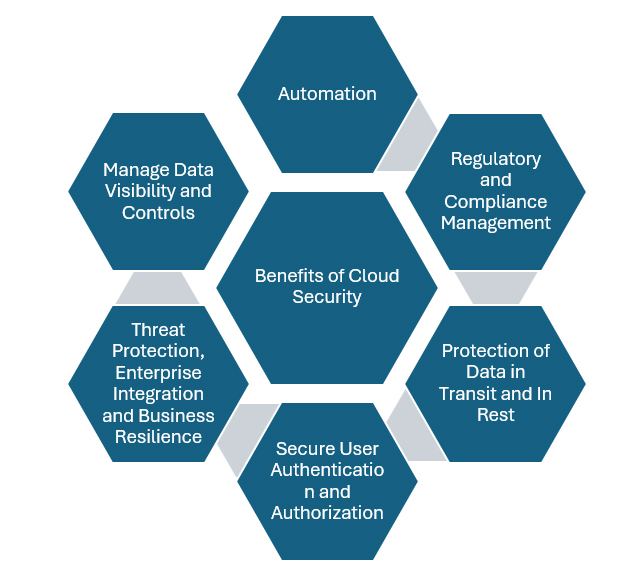
Cloud computing provides various benefits to businesses including access to data virtually, irrespective of the place, without needing to maintain a server or physical infrastructure. However, accessing data virtually accompanies with business-critical risks which needs to be addressed and prevented using robust security controls. Each challenge in cloud brings new and different threats which requires distinctive solutions to increase the organisations resilience system. There must be various precautionary measures built and enabled in an organisation to strengthen the cloud computing technology. Organisations have to take the cloud security responsibility as a shared responsibility collaborating with cloud service providers and eradicate rising vulnerabilities proactively to build a threat free cloud security environment.
About the Author :

Ms. Kavitha Srinivasulu
Cyber Risk Advisory and Consulting Partner : BFSI
CCISO | DPO | CISM | CEH | CCSO | CCIO| PCSM | PDPP
Ms. Kavitha Srinivasulu is an experienced Cybersecurity and Data Privacy Leader with overall 21 years of experience focused on Risk Advisory, Data Protection and Business Resilience.
Ms. Kavitha Srinivasulu has demonstrated expertise in identifying and mitigating risks across ISO, NIST, SOC, CRS, GRC, RegTech and in emerging technologies with diverse experience across corporate and Strategic Partners.
Ms. Kavitha Srinivasulu possess a solid balance of domain knowledge & smart business acumen ensuring business requirements and organizational goals are met.
Ms. Kavitha Srinivasulu is a Board Member of Women in CyberSecurity (WiCyS) India
Ms. Kavitha Srinivasulu is an Executive Committee Member CyberEdBoard Community
Ms. Kavitha Srinivasulu is Bestowed with the following Licenses & Certifications :
https://www.linkedin.com/in/ka
https://www.linkedin.com/in/ka
Ms. Kavitha Srinivasulu can be contacted at :
LinkedIn : https://www.linkedin.com/in/ka
Also read Ms. Kavitha’s earlier article:

